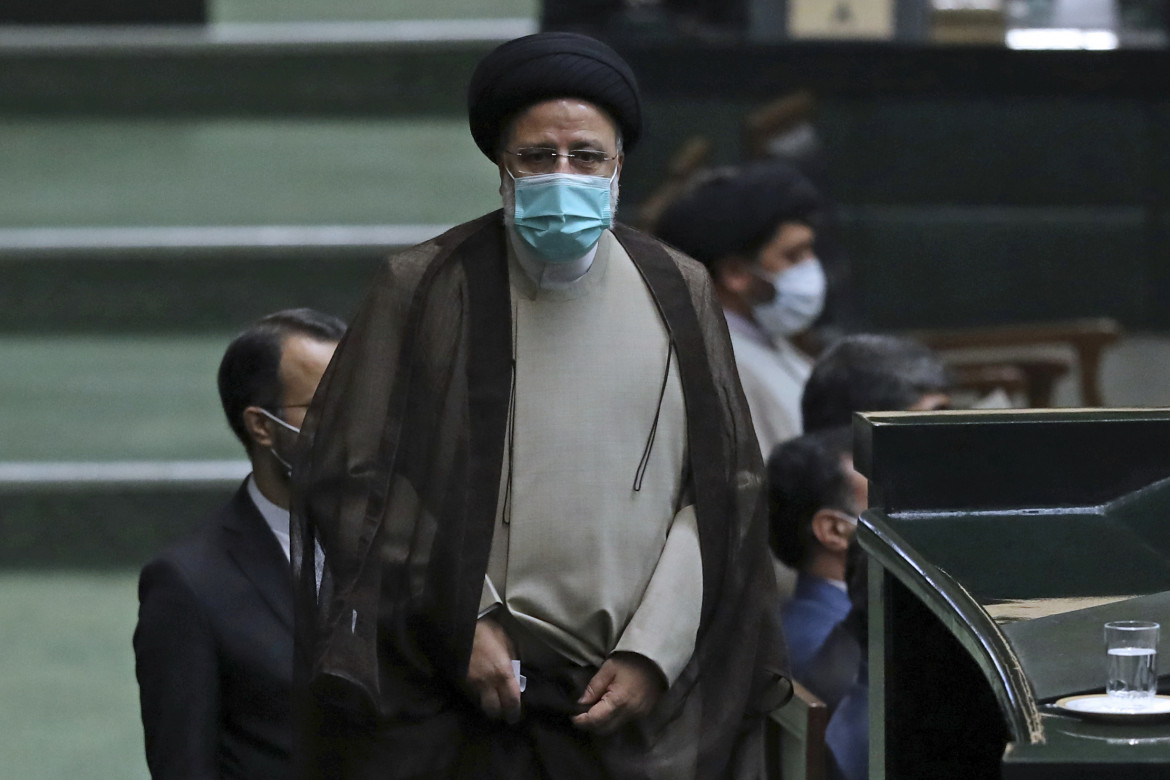Analysis
US and Iran push opposing priorities as negotiations head toward failure
The United States is pushing a hard line in negotiations in Vienna, refusing to make any concessions before a deal. Iran says remove the sanctions, then we’ll talk. Blinken talks of ‘other options.’

Josep Borrell is unlikely to be able to save the ongoing negotiations in Vienna on the Iranian nuclear issue, as he promised to do. But the High Representative for Foreign Policy of the European Union has the merit of putting in explicit terms the origin of the problem behind the stalemate situation in Austria: the unilateral choice by Donald Trump in 2018 to abandon, without any real reason, the nuclear agreement—Joint Comprehensive Plan of Action (JCPOA)—which had also been approved by the U.S. in 2015, and to enact very harsh sanctions against Tehran.
Three years after that nefarious decision, some things have changed, but others haven’t changed enough. The Iranian presidency is no longer held by the moderate Hassan Rohani, but by the hawkish Ebrahim Raisi. On the other side, the United States’ line, despite the fact that Democrat Joe Biden is in the White House, has changed only slightly compared to the “maximum pressure” on Tehran implemented by Trump. At the moment, these two realities don’t allow any glimpse of an agreement for the relaunching of the JCPOA. And there is a rising risk that the crisis could lead to a military escalation, a possibility that Israel—the only country in the region to secretly possess nuclear weapons—demands to be taken into account.
Washington is claiming that no “constructive proposal” has come from Iran. On Friday, Secretary of State Antony Blinken accused Tehran of not being serious about reaching an agreement with the United States: “What we’ve seen in the last couple of days is that Iran right now does not seem to be serious about doing what’s necessary to return to compliance … And we will see if Iran has any interest in engaging seriously, but the window is very, very tight,” Blinken said in an interview, taking the opportunity once again to implicitly threaten Iran with a military strike against its nuclear power plants: “If the path to a return to compliance with the agreement turns out to be a dead-end, we will pursue other options.”
Translating what Blinken is saying in terms of what he expects “seriousness” from Iran to look like, Tehran should remain under U.S. sanctions that are strangling its economy for the duration of the negotiations, keep complying with every point of the 2015 JCPOA, and at the same time supplement that agreement with a limitation on its weapons program.
For its part, Iran is willing to take the risk of demanding an immediate end to the sanctions, otherwise it will continue to advance its nuclear program, making it clear that it intends to push towards the red line of the production of nuclear weapons. Accordingly, it has started to enrich uranium to up to 20 percent purity in an underground nuclear facility in Fordo, where the JCPOA called for a stop of all enrichment.
The stalemate has been denounced by the director of the International Atomic Energy Agency (IEAA), Rafael Grossi: “The process is ongoing, but it is very complex,” he explained during a conference in recent days. “On the one hand, Iran believes that the lifting of economic sanctions should precede any further step on the nuclear program, while Western countries are arguing that there should be tangible progress on the nuclear front. China and Russia seek to play a bridging role between the two sides.”
The chief negotiator of the EU, Enrique Mora, says that the parties will meet once again on December 8, but the break could be much longer, as suggested by some statements made by French President Macron, who is on a visit (surrounded by controversy) to the Gulf and Saudi Arabia.
Originally published at https://ilmanifesto.it/le-opposte-priorita-di-usa-e-iran-negoziati-verso-il-fallimento/ on 2021-12-05
